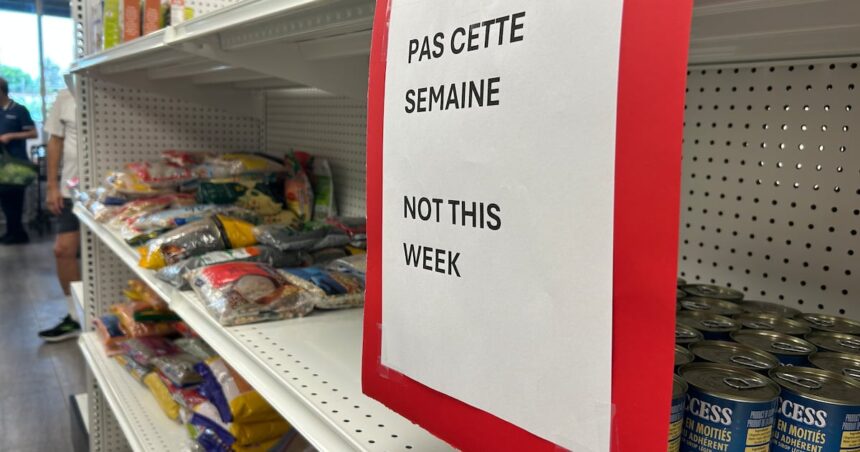Montreal’s vibrant food scene often masks a troubling reality many residents face daily. Yesterday, I witnessed an unprecedented gathering at the Grand Quay in the Old Port where over 250 community organizers, food bank operators, and government officials assembled for Montreal’s first-ever Food Insecurity Summit.
The urgency was palpable as Rémi Tremblay, director of Moisson Montréal, opened discussions with alarming statistics. “We’re seeing a 33 percent increase in food bank usage across the island since last year,” he shared during our brief conversation between sessions. “That translates to nearly 320,000 Montrealers who don’t know where their next meal might come from.”
What struck me most was the shifting demographic of those seeking help. Marie-Claude Paradis from Mission Bon Accueil noted, “We’re now serving working families who simply can’t stretch their paychecks far enough with rising housing and food costs.” Her organization has seen a 40 percent increase in families with at least one employed parent seeking emergency food assistance.
The summit wasn’t merely about highlighting problems. Throughout the day-long event, innovative approaches emerged from unlikely collaborations. Local chef Jean-Philippe Tastet shared his initiative partnering with grocers to transform unsold but perfectly edible produce into community meals. “Last month alone, we redirected nearly four tonnes of food that would have ended up in landfills,” he explained during a panel on food waste reduction.
Quebec Minister of Social Solidarity Chantal Rouleau attended the summit, acknowledging government responsibility while announcing a $15 million investment in community food security programs. “This crisis requires immediate action, but also long-term structural changes,” she stated during her address.
However, some community advocates expressed skepticism about temporary solutions. “Food banks were never meant to be permanent institutions,” remarked community organizer Sophie Grenier from Coalition Faim Zéro. “We need to address the root causes: inadequate minimum wage, affordable housing shortages, and better social support systems.”
The impact of inflation on food accessibility became a central theme. According to data presented by McGill University researchers, grocery prices in Montreal have risen nearly 19 percent since 2021, while median incomes have increased only 6 percent during the same period.
Perhaps the most promising outcome was the launch of the Montreal Food Security Network, a new collaborative platform allowing organizations to share resources, coordinate efforts, and amplify their collective impact. “We’ve operated in silos for too long,” explained network coordinator Pierre Moreau. “This platform will help us work smarter together.”
As the summit concluded, attendees broke into working groups focused on specific challenges – from addressing food deserts in neighborhoods like Montréal-Nord to expanding urban agriculture initiatives across the island.
Walking back to my office through Jean-Talon Market afterward, I couldn’t help noticing the stark contrast between the abundant food displays and the reality discussed just hours earlier. The market’s vibrant colors and aromas – normally a source of inspiration for my cultural reporting – now carried a more complex significance.
The summit represents an important first step, but the real test lies in translating yesterday’s conversations into meaningful action. For the hundreds of thousands of Montrealers experiencing food insecurity, solutions can’t come quickly enough.







